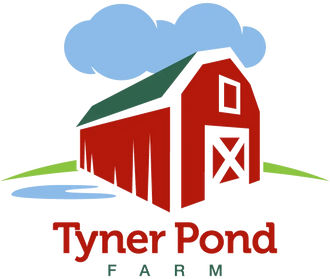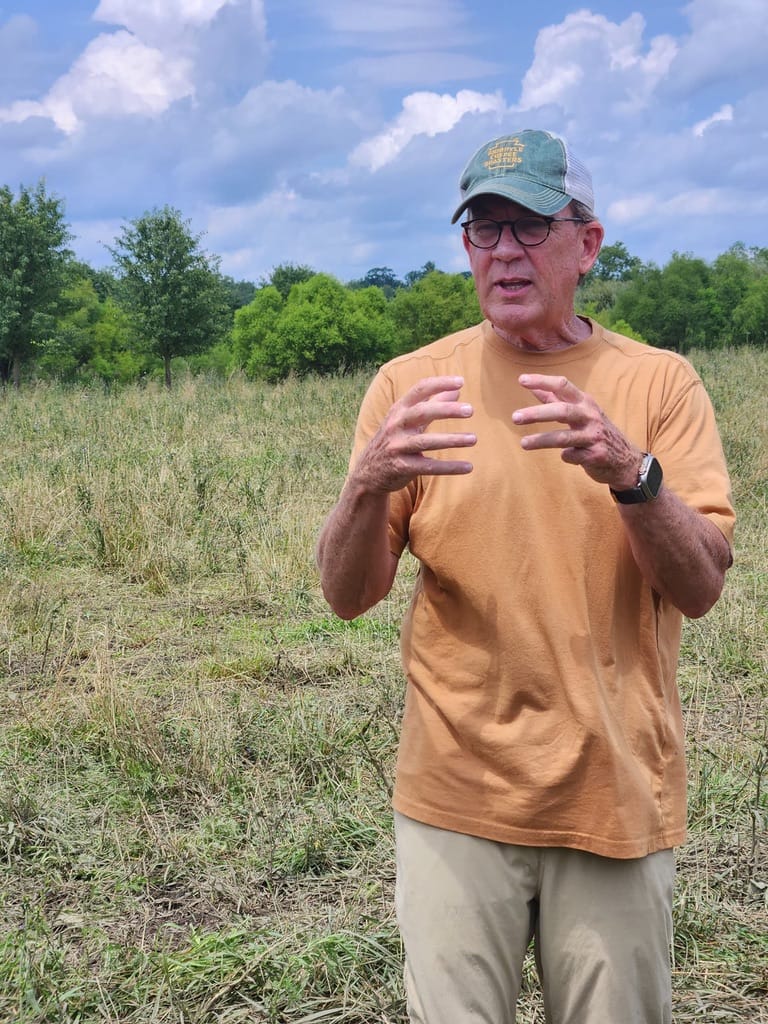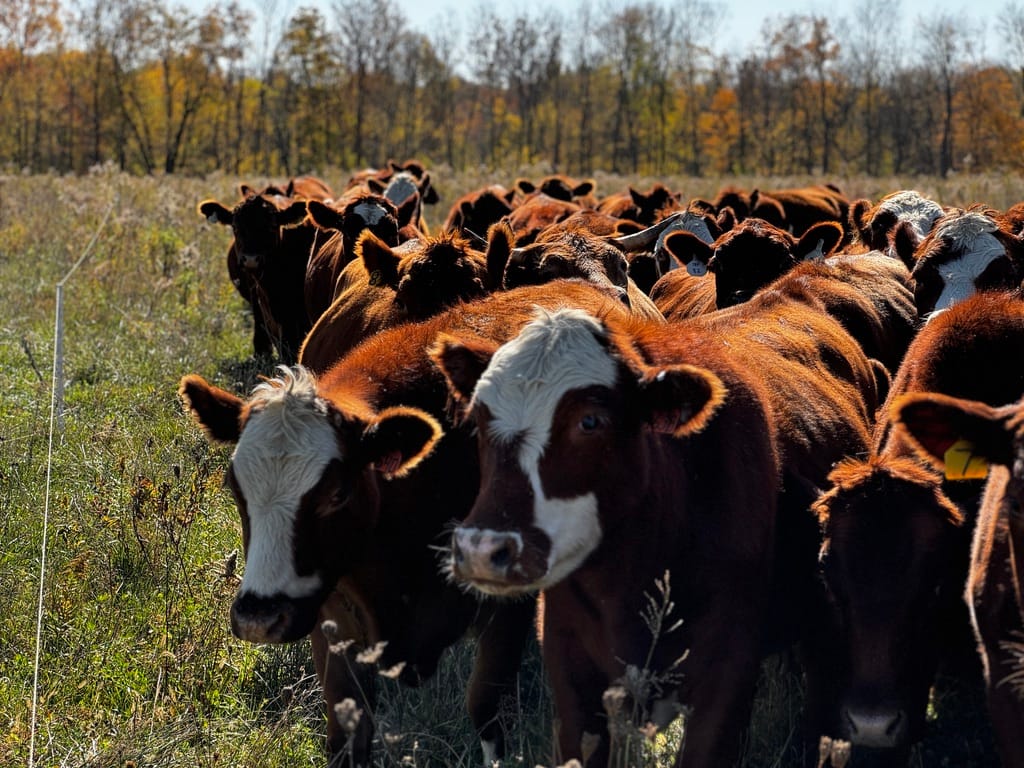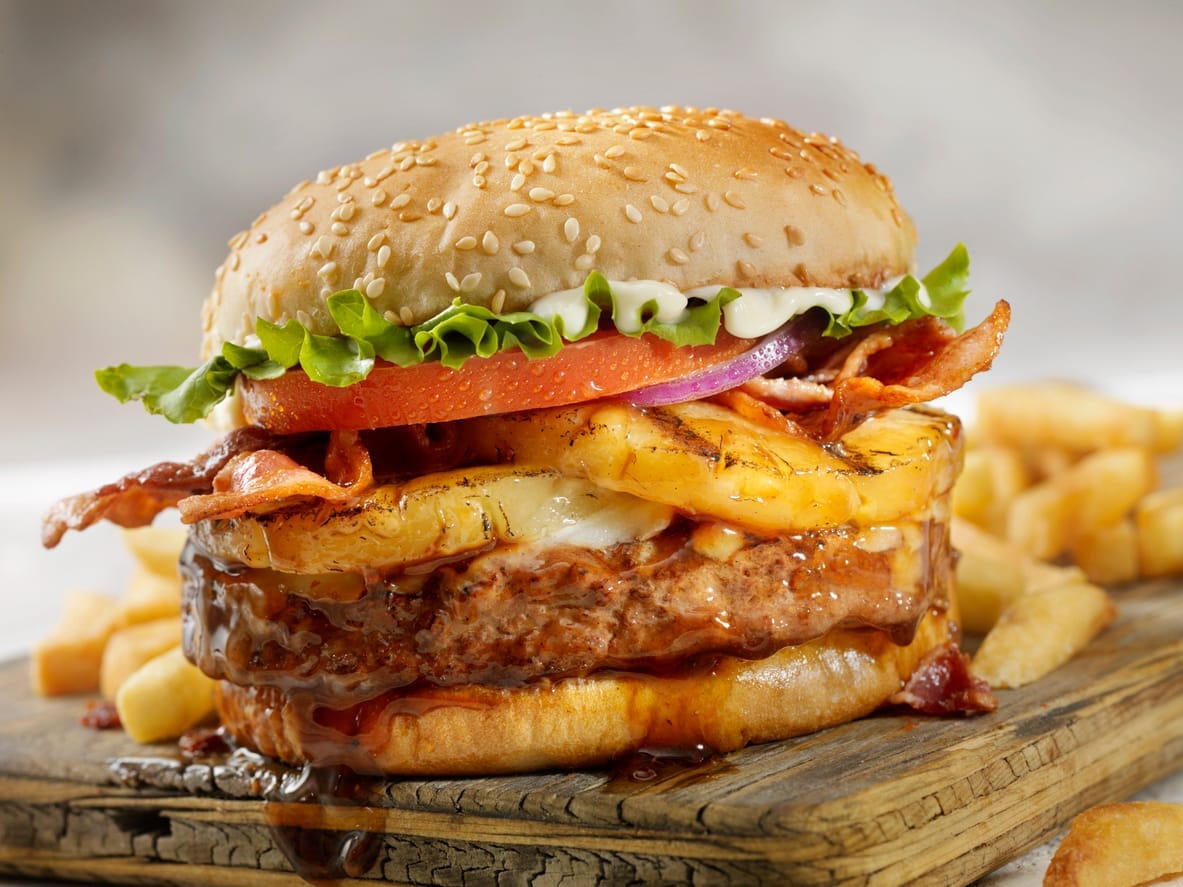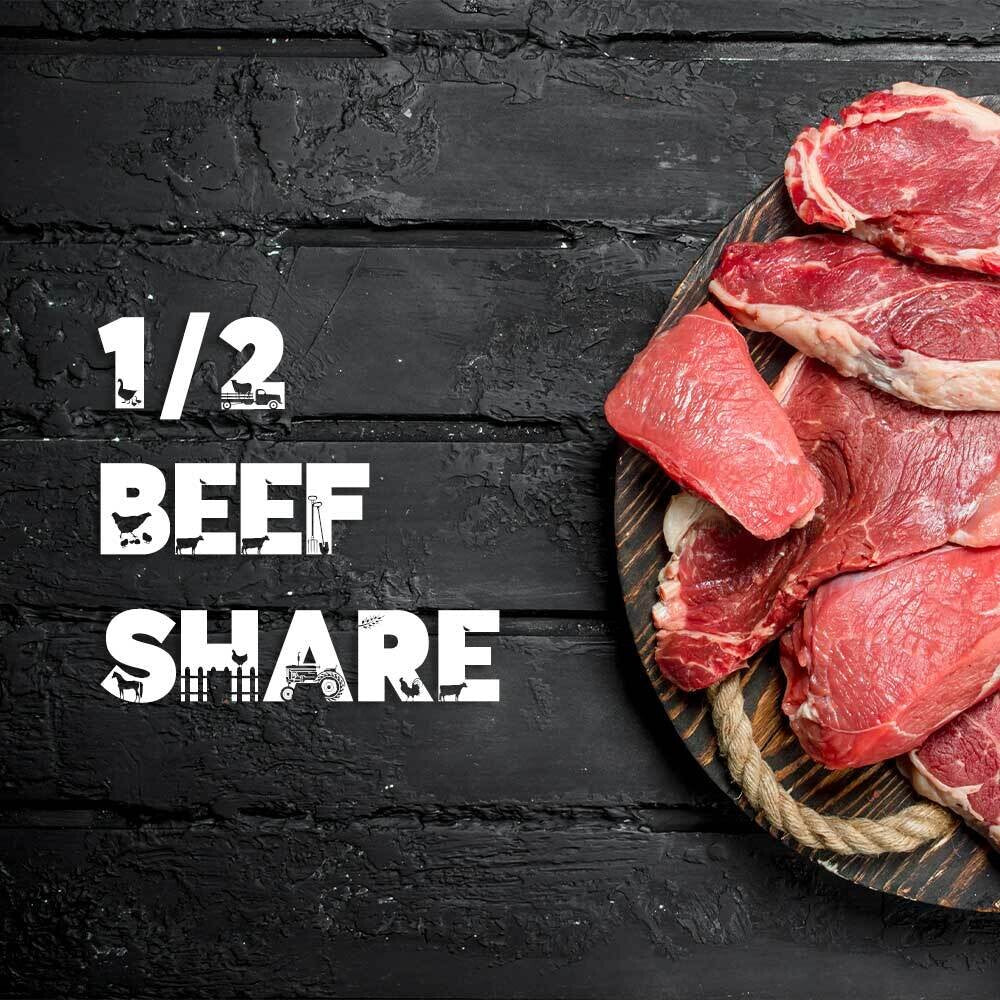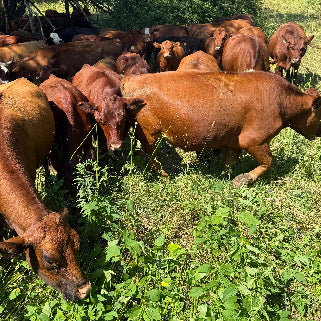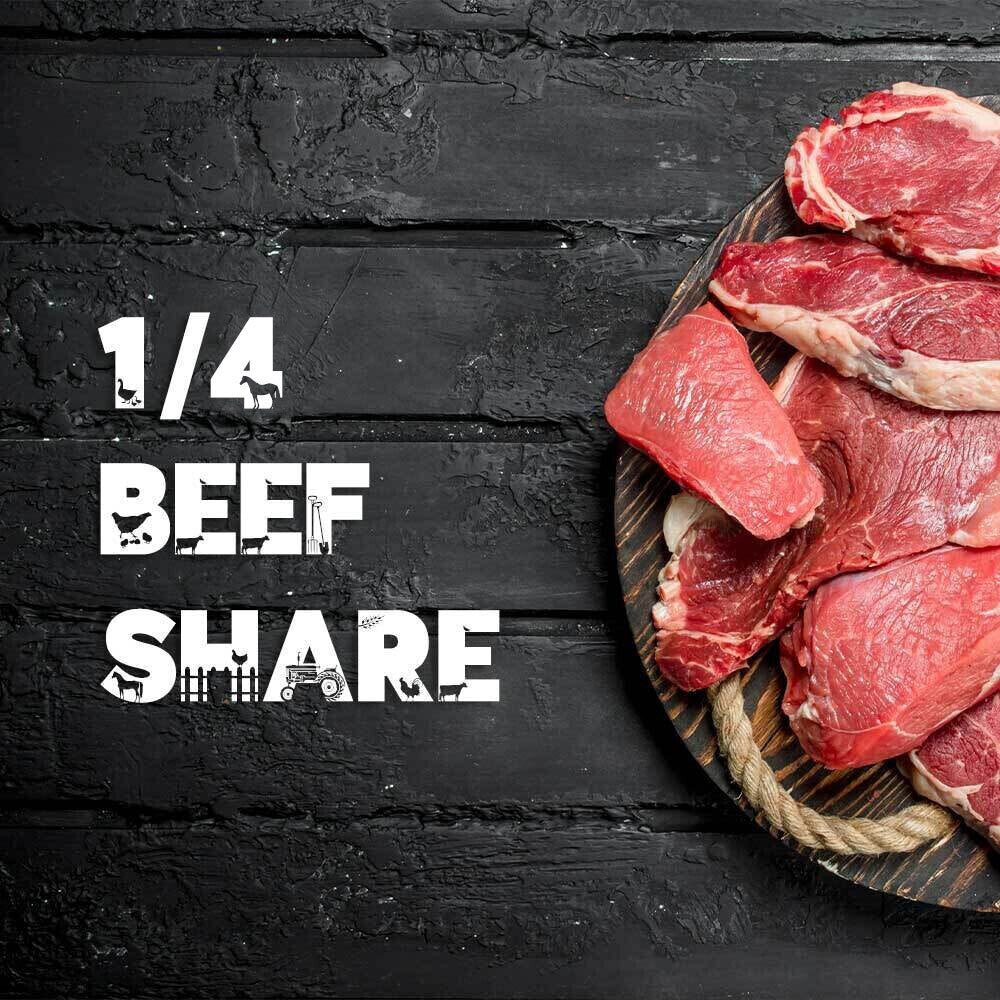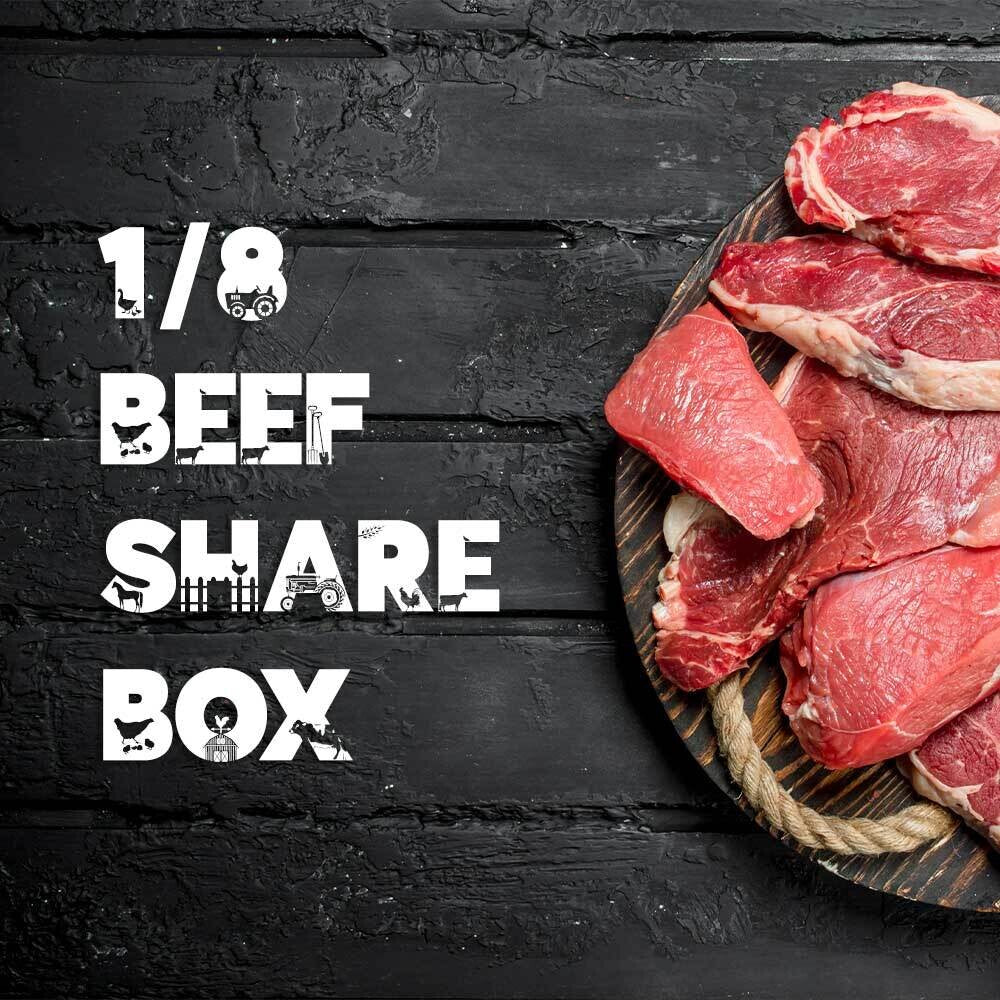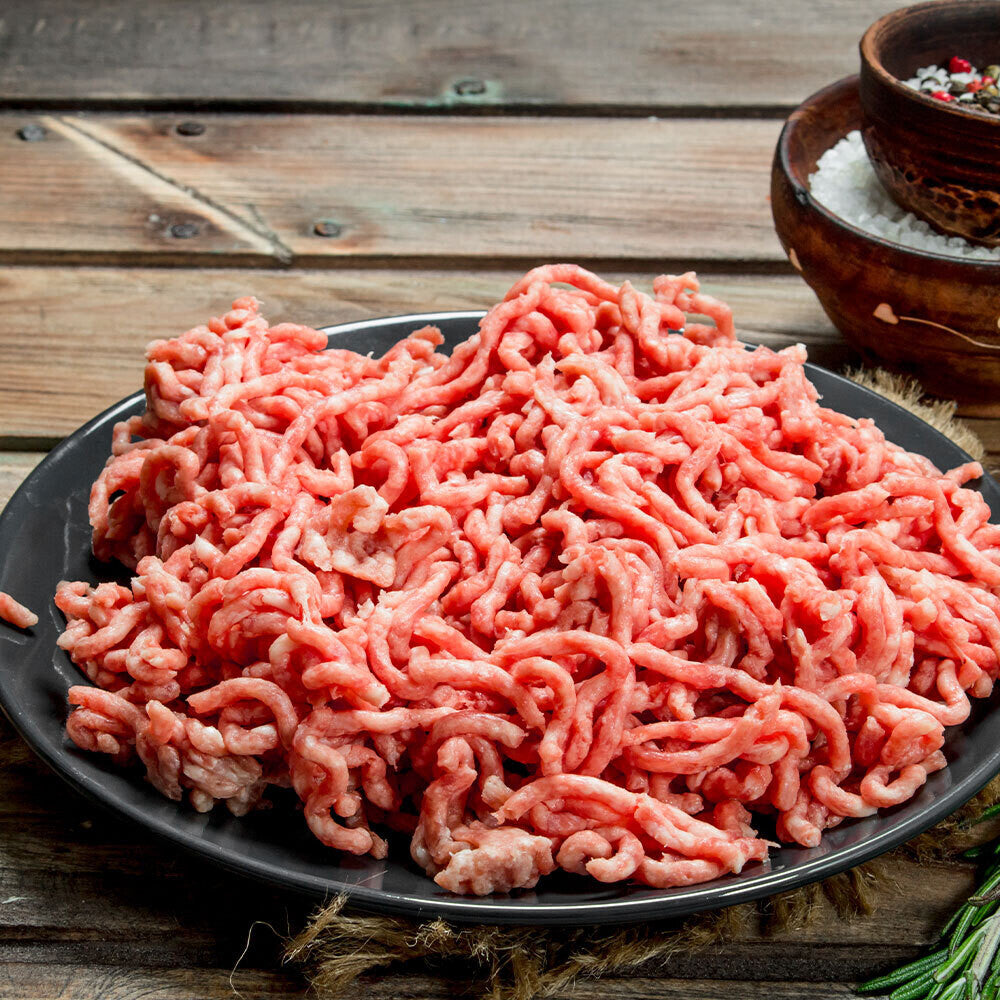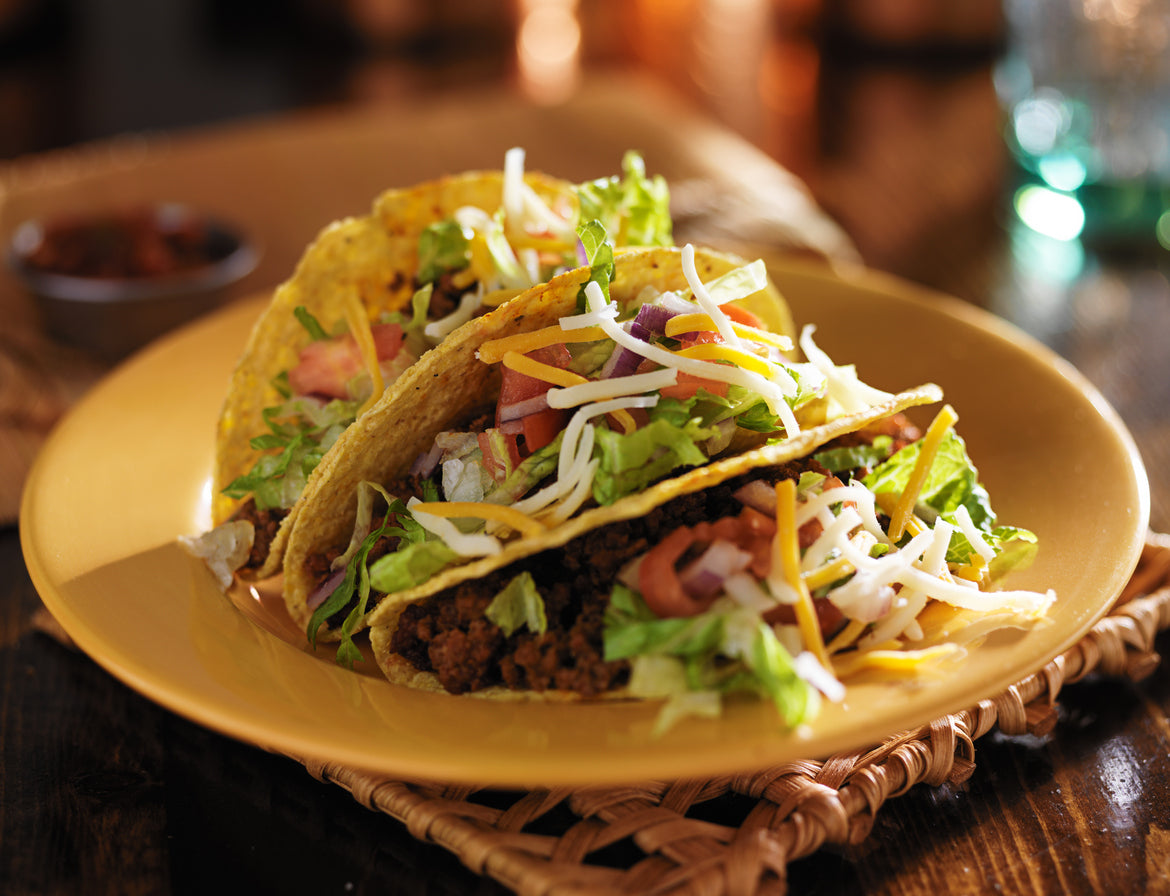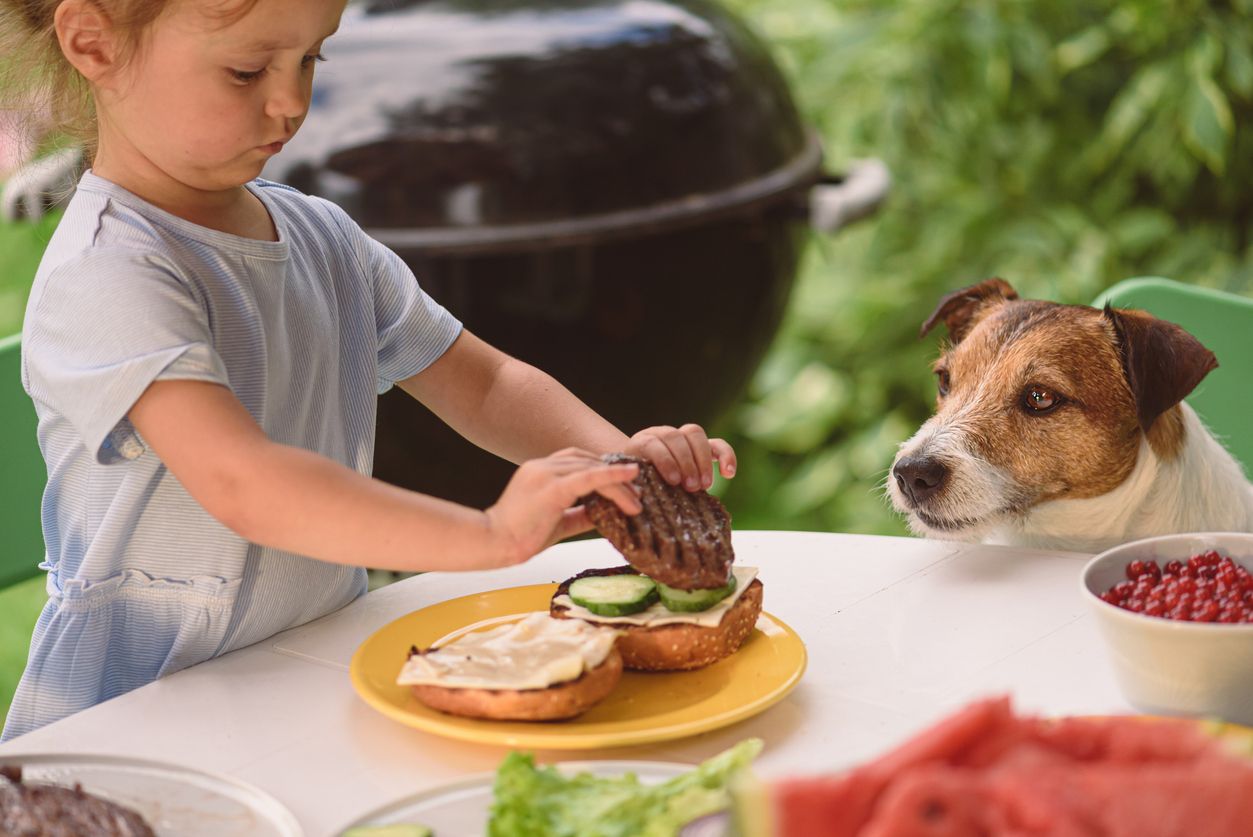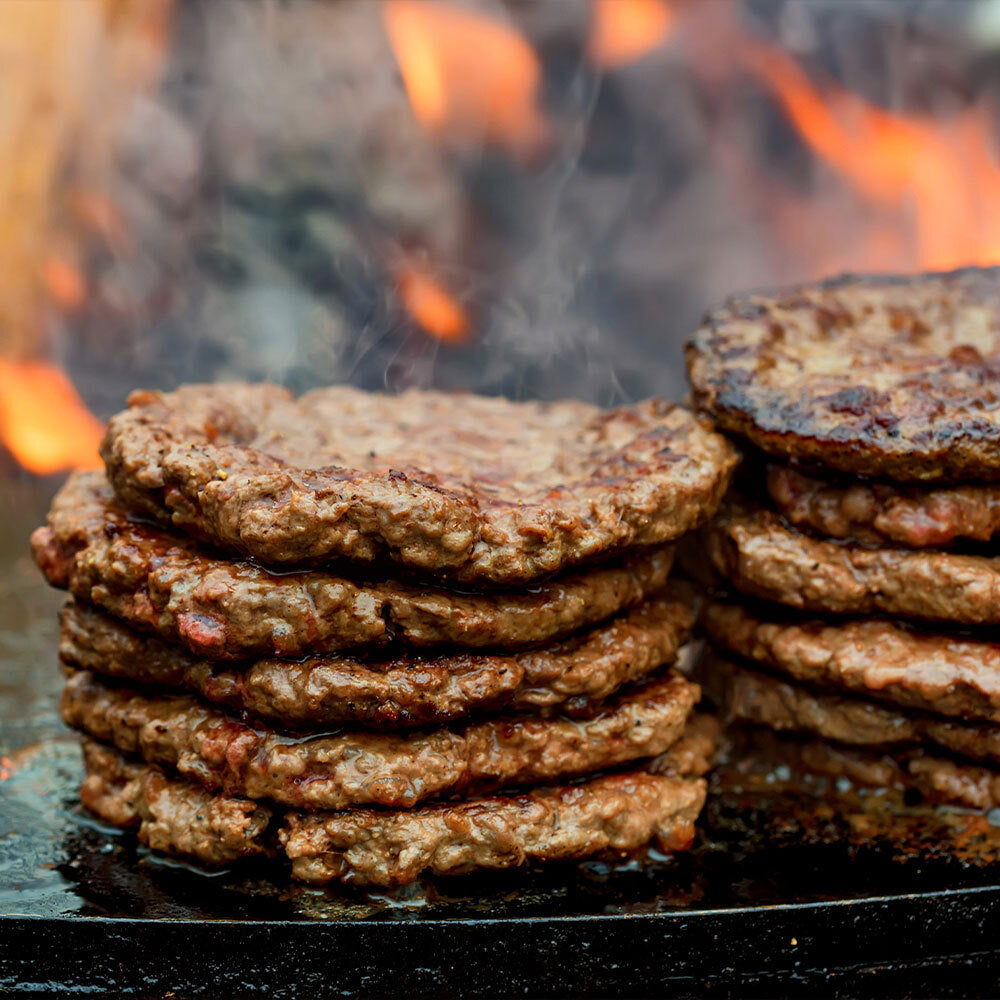
Food Security Starts in the Soil: The Benefits of Holistic Planned Grazing
Holistic Planned Grazing at Tyner Pond Farm: Improving Soil Health and Animal Well-being
At Tyner Pond Farm, we prioritize the health of our land and animals. Holistic Management guides our approach, recognizing the interconnectedness of every aspect of our farm. A key practice in this approach is Holistic Planned Grazing, a method that goes beyond simple rotational grazing to mimic natural patterns and improve our overall farm ecosystem.What is Holistic Planned Grazing?
Unlike traditional continuous grazing, Holistic Planned Grazing involves dividing our pastures into smaller paddocks and moving our livestock through them in a carefully planned sequence. This mimics the natural grazing patterns of wild herds, which move frequently in response to forage availability and predator pressure. By strategically timing the grazing and rest periods of each paddock, we can optimize plant growth, soil health, and animal well-being.Benefits for the Land
Holistic Planned Grazing offers several advantages for our soil:
- Improved Soil Structure: The hooves of our animals aerate the soil as they graze, while their manure acts as a natural fertilizer. This promotes the growth of deep-rooted plants that further improve soil structure and help to prevent erosion.
- Increased Organic Matter: By allowing plants to fully recover between grazing periods, we encourage vigorous growth and the accumulation of organic matter in the soil. This organic matter is vital for water retention, nutrient cycling, and overall soil fertility.
- Reduced Soil Compaction: Moving animals frequently prevents them from overgrazing and compacting the soil in one area.
Benefits for Our Livestock
Holistic Planned Grazing also positively impacts our animals:
- Improved Nutrition: By allowing plants to fully recover, we ensure that our livestock have access to high-quality forage that is rich in nutrients. This results in healthier animals, better growth rates, and improved reproductive performance.
- Reduced Parasite Pressure: Frequent movement of animals disrupts the lifecycle of parasites, eliminating the need for chemical dewormers.
- Enhanced Animal Welfare: Our animals have access to fresh pasture every day, which encourages natural grazing behaviors and reduces stress.
Benefits for Our Farm
Ultimately, Holistic Planned Grazing benefits our entire farm operation:
- Increased Carrying Capacity: By optimizing plant growth and soil health, we can support a greater number of animals on the same amount of land.
- Reduced Input Costs: Healthy soil and animals mean less need for fertilizers, pesticides, and veterinary interventions.
- Enhanced Environmental Responsibility: Our holistic grazing practices contribute to carbon sequestration, improved water quality, and increased biodiversity on our land.
Tags:
Previous post
The Benefits of Biodiversity for Holistic Grazing at Tyner Pond Farm: Building a More Resilient Local Food System
Next post
